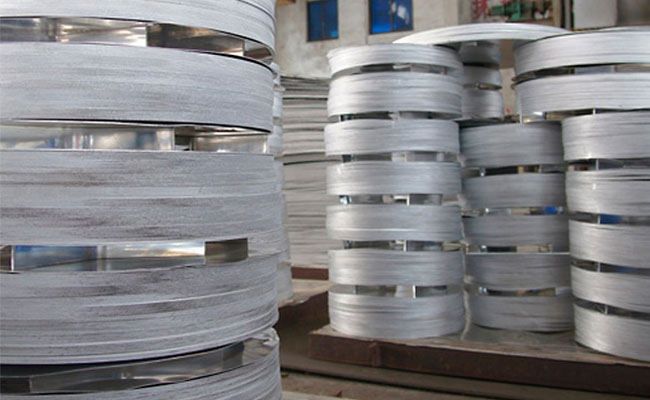According to incomplete statics around half of the cookware on the globe is made of aluminium. This is based on extraordinary advantages of aluminium circle sheets for cookware. They have high heat conductivity, light weight, relatively hard strength, good tensile strength and prominent corrosion resistance.

Aluminium circle 1050, 1060, 1070, 1100, 3003, 3004, 3005, 5005 and 5052 all serve as raw materials for cookware. They have a heat availability of 93%, which is three times of stainless steel and cast iron. With a density of one third of copper and steel, they can be as light as plastics yet much harder with good tensile strength, making it possible to be made into solid cookware. As a highly conductive metal, aluminium has a remarkable resistance to heat, radiation and corrosive materials. Since the outer surface of the metal aluminum is protected by an extremely dense oxide film (alumina), it is less susceptible to acid corrosion but can be dissolved by alkali. Anodized aluminum has a protective effect on the surface, which is hard and difficult to react with other substances.
Alloy aluminium circle sheets for cookware show even better properties. In How to Make Aluminium Circle Sheets for Cookware, there is a detailed introduction to manufacturing process of alloy aluminum circle sheets. Aluminum that is not anodized is prone to contact with food to form oxidation, so most of the aluminum circle sheets are added to other metals to improve their performance. Due to the softness of the aluminum material, magnesium, copper and bronze are added to form an aluminum alloy to increase the strength. At present, most of the aluminium circle sheets for cookware on the market are made of manganese-aluminum alloy. Aluminum-manganese alloys do not have cracks in the manufacture of cookware and each surface maintains a remarkable metallic luster. The composition properties of the aluminum-manganese alloy directly affect the gas-tight process performance of the alloy. If the alloy has a smaller initial solidification range, a smaller tendency to loosen between molecules is obtained, and the smaller the pores capable of maintaining gas evolution, the higher the degree of gas tightness of the alloy.